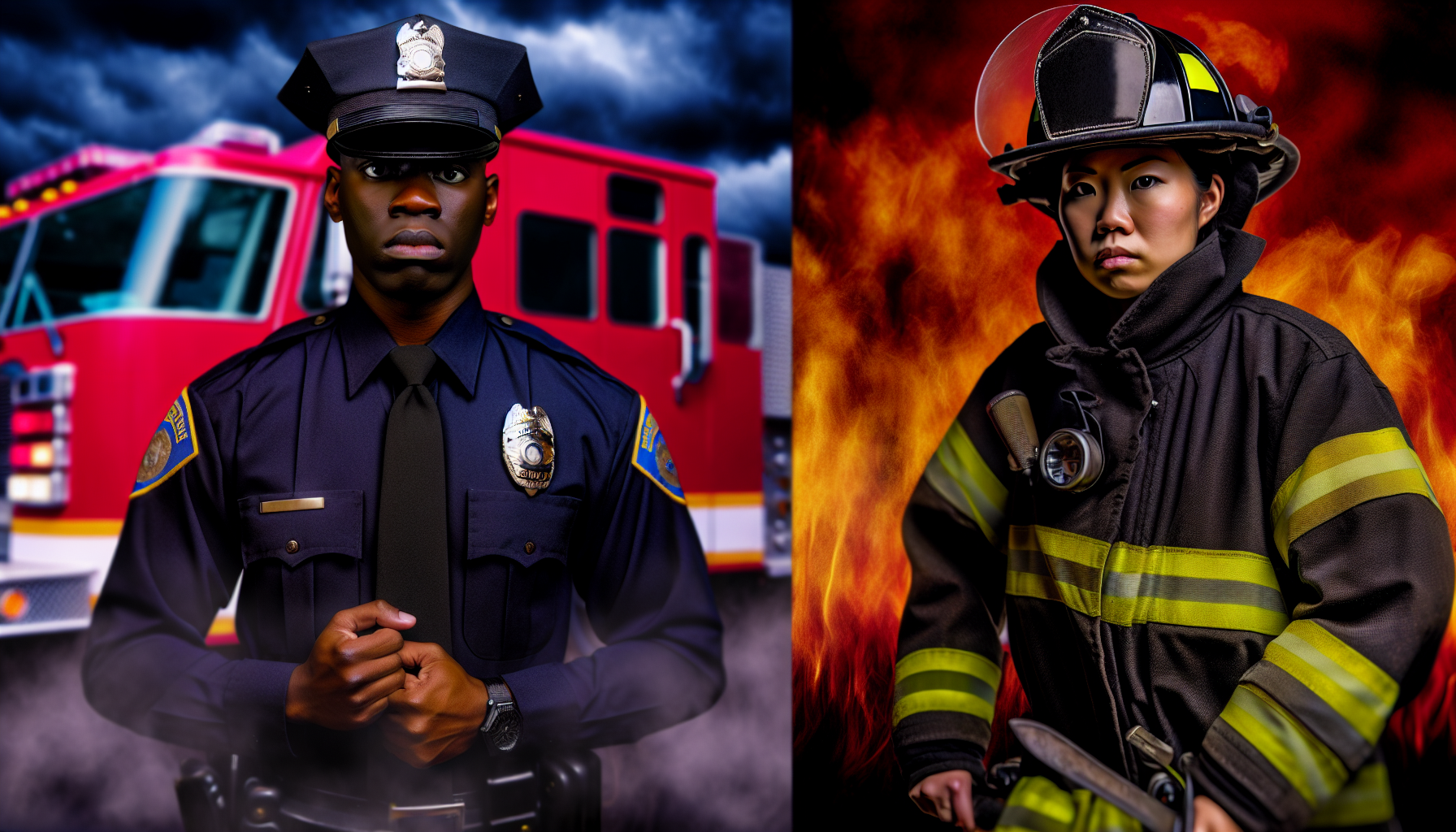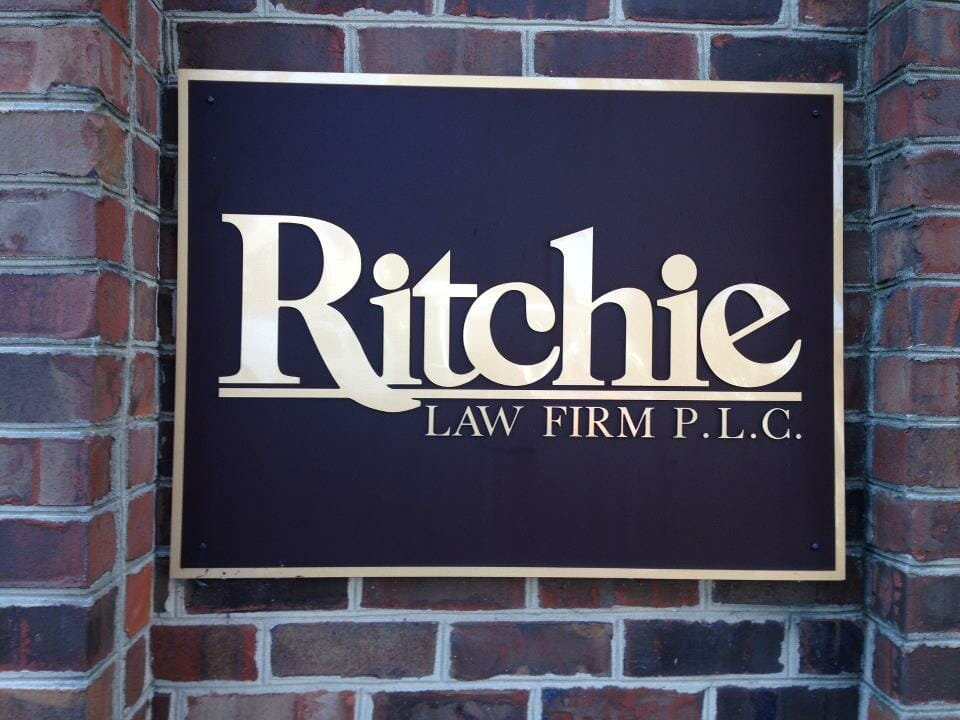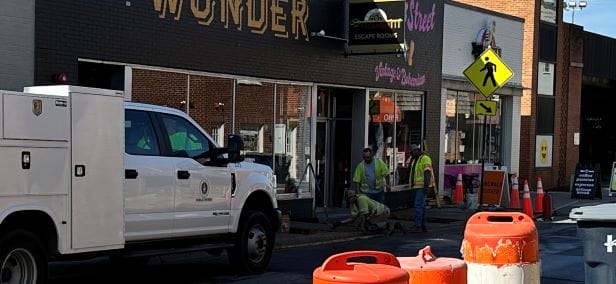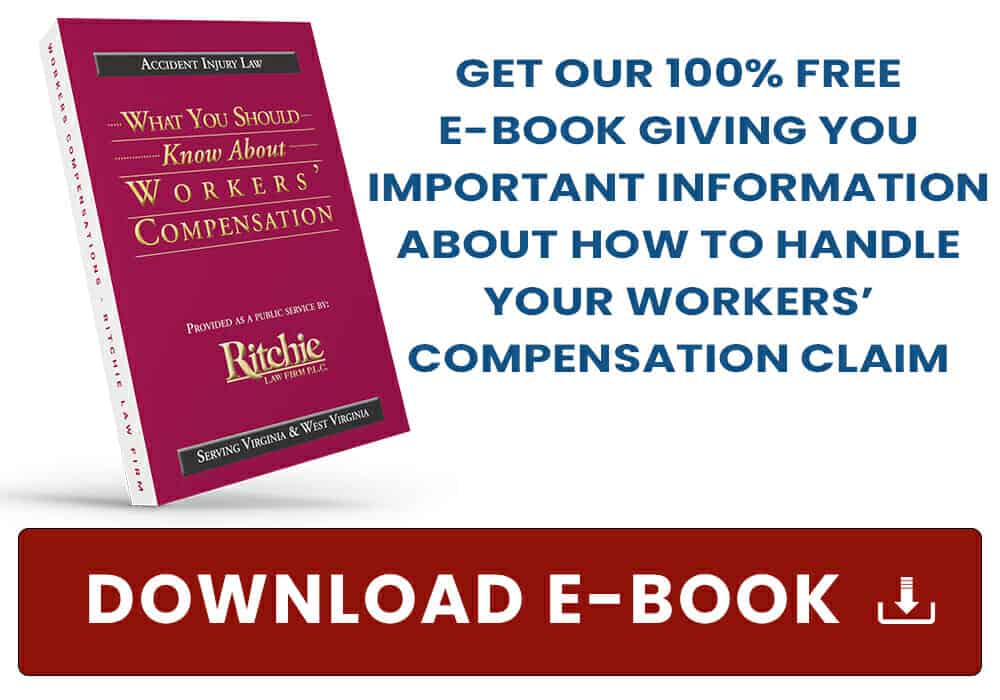Navigating Mental Health Disorders in Virginia Workers Compensation: Know Your Rights and Benefits
Trying to determine your eligibility for coverage for mental health disorders in Virginia workers compensation can be complex. Depending on the circumstances of the injury, qualifying conditions may include diagnoses such as depression and PTSD, arising from occupational stress or incidents. This article will help guide you through Virginia workers compensation laws and the claims process to get the compensation you need to recover from your work injury.
Key Takeaways
- It’s tough to get workers’ compensation coverage for mental disorders in Virginia. Only certain mental health disorders, such as depression, anxiety, and PTSD, resulting from work-related stress or incidents are potentially covered under Virginia workers’ compensation, and ONLY if they meet strict conditions for proving a direct connection to employment.
- To successfully obtain workers compensation benefits for mental disorders, Virginia employees must provide evidence, including medical records and expert testimony, demonstrating that the psychological condition is primarily linked to their job and not attributable to external factors or other pre-existing issues.
- Special provisions in Virginia Workers’ Compensation include PTSD claims for first responders. The process for filing any claim for mental disorders requires promptly reporting the condition to one’s employer and filing a claim with the Virginia Workers’ Compensation Commission.
Understanding Mental Health Disorders and Workers’ Compensation in Virginia

Navigating the realm of workers’ compensation benefits for mental health disorders in Virginia requires an understanding of two key elements: the types of mental disorders covered, and the specifics of Virginia Workers’ Compensation law related to mental health.
Types of Mental Health Disorders Covered
In Virginia, common mental disorders that may qualify for Virginia workers compensation benefits include depression, anxiety, and PTSD. If a job requires repeated exposure to stressful situations that eventually lead to mental health issues, these conditions may qualify as an occupational disease under the Virginia Workers’ Compensation. In cases where a traumatic event at work, even without a physical injury, results in mental injuries like PTSD, these too may be covered under Virginia workers’ compensation.
Virginia Workers’ Compensation Law and Mental Health
It’s important to understand that Virginia workers’ compensation law typically does not cover mental distress and psychological conditions unless certain exceptions apply such as for:
- high-stress occupations
- specific work-related injuries, such as brain injuries
- a single specific incident or highly stressful event while at work
Overall, workers are usually not entitled to compensation for mental stress under the Virginia workers’ compensation system, unless the stress arises from a specific characteristic of the employment or arises from a specific work-related incident. Furthermore, psychological injuries must meet certain criteria such as the conditions at work being objectively stressful, atypical to most workplaces, and there must be objective evidence that supports the worker’s claim.
Proving a Mental Health Disorder is Work-Related
Successfully claiming workers’ compensation benefits for a mental disorder hinges on proving that the condition is primarily caused by the job and work environment. This process involves establishing a clear connection between the disorder and employment, and providing comprehensive evidence, including medical records and expert testimony as needed.
Establishing a Connection Between the Disorder and Employment
The pivotal point in any workers’ compensation claim for a mental health disorder is the establishment of a clear, direct connection between the disorder and employment. This involves presenting objective evidence demonstrating the psychological injury and its connection to the job, as well as proving that the stress or psychological injury is work-related and not due to external factors or a pre-existing condition.
Evidence that the conditions of employment were uniquely stressful, leading to the psychological injury, significantly strengthens the claim. Specific incidents, like a bank teller developing PTSD after a robbery at work, could render a mental health condition compensable. Additionally, high-stress occupations or experiences of traumatic events at work can also result in compensable mental health conditions.
Medical Evidence and Expert Testimony
Medical evidence is a necessary part of a successful workers’ compensation claim for mental health disorders. Medical records that document the diagnosis and treatment of the mental health condition are crucial to support a claim. Additionally, having an actual diagnosis for a mental health condition is essential, as stress alone does NOT qualify as a compensable mental health disorder.
Expert testimony can also play a critical role in clarifying the connection between an employee’s work duties or a workplace injury and the resulting psychological distress. However, the insurance company will try to attribute mental health issues to personal life factors rather than work-related causes, and this complicates the claim process. So, it’s crucial to establish the relationship between the employee’s job and their mental health condition through detailed medical evidence and expert testimony.
Mental Health Disorders Resulting from Physical Injuries
Mental injuries resulting from a compensable on-the-job physical injury can be covered by Virginia workers’ compensation, which provides benefits for the resulting mental condition.
Psychological injuries stemming from a work-related physical injury are more readily covered under the Virginia Workers Compensation Act. Injured workers with physical injuries can develop mental health issues such as depression or anxiety, often due to pain, inability to function as they previously did, as well as the stress endured.
Recognizing the Signs of a Developing Mental Health Disorder
Recognizing the signs of a developing mental health disorder after a physical injury is very important. Signs may include:
- Trouble concentrating
- Fatigue
- Feelings of guilt
- Loss of interest
- Irritability
- Sadness
- Sleep disturbances
Sometimes, signs of depression after a workplace injury can show up as pain or limitations in daily activities. Anxiety disorders can appear after workplace injuries with symptoms such as excessive worrying, insomnia, fatigue, racing heart, and an exaggerated startle reflex.
PTSD, also known as post traumatic stress disorder, may develop after a workplace injury. Some symptoms of PTSD include flashbacks, avoidance behaviors, irritability, being easily startled, trouble concentrating, and panic attacks.
Seeking Appropriate Medical Treatment
After recognizing the signs of a mental health disorder after a work injury, seeking timely medical care is crucial. Injured Workers should follow the treatment plan prescribed by their authorized treating physician or mental health provider, who are often mental health professionals.
Special Considerations for Law Enforcement Officers and Firefighters

Law enforcement officers and firefighters face unique challenges and heightened risks for mental health disorders, such as PTSD. Recognizing these challenges, specific provisions have been added to the Virginia Workers’ Compensation Act for their claims.
PTSD Claims and Qualifying Events
In high-stress occupations involving first responders, such as law enforcement and firefighting, PTSD claims hold a significant place. For such claims, a qualifying event, such as a serious bodily injury or death, must occur, and a diagnosis from a mental health professional is required.
Qualifying events for PTSD claims include:
- Traumatic event such as a serious bodily injury or death experienced by any person or persons
- Incidents involving injured, killed, abused, or exploited minors
- Immediate life threats
- Mass casualties
- Investigating traumatic crime scenes
Once these criteria are met, law enforcement officers and firefighters can claim workers’ compensation for PTSD, anxiety disorder, or depressive disorder when a mental health professional diagnoses them after they experience a qualifying event in their line of duty.
First Responders: Navigating the Virginia Workers’ Compensation Process
Special provisions within Virginia workers’ compensation laws recognize the unique challenges faced by first responders, including law enforcement officers and firefighters, when it comes to mental health disorders.
Virginia law has been amended to include the presumption that law enforcement officers and firefighters diagnosed with PTSD have developed this condition due to their job, making it a little easier to prove their workers’ compensation claims. First responders filing a claim for a mental health disorder must notify their employer once the disorder becomes apparent and file a claim with the Virginia Workers’ Compensation Commission within the statutory time frame. Documentation of the mental health disorder, including the diagnosis, its relation to a work incident, and ongoing medical treatment, is essential for first responders submitting a Virginia workers’ compensation claim.
Filing a Claim for Mental Health Disorders in Virginia Workers’ Comp
Filing a claim for mental health disorders in Virginia Workers’ Comp is a process that involves strict adherence to specific reporting timelines and deadlines:
- report the work-related injury or illness, including mental health disorders, as soon as possible, but within 30 days
- file a claim with the Virginia Workers’ Compensation Commission within the specified time line
Preparing Your Claim
Preparing a workers’ compensation claim for a mental health disorder includes reporting the condition to the employer immediately and completing the Claim for Benefits Form accurately. A Virginia workers’ compensation lawyer plays a crucial role in the gathering and presentation of evidence. A workers’ compensation lawyer is invaluable in offering guidance through the process, ensuring that all deadlines are met.
Working with a Workers’ Comp Lawyer
Working with a Virginia workers’ comp lawyer is practically a necessity for claims involving psychological injuries. The Virginia workers’ compensation attorneys lawyers at the Ritchie Law Firm:
- Assist in gathering necessary evidence
- Represent workers in all interactions with insurance companies
- Represent workers before the Virginia Workers’ Compensation Commission, ensuring their interests are protected

Ritchie Law Firm: How We Help
Navigating the complexities of workers’ compensation for mental health disorders is undoubtedly challenging. However, with a comprehensive understanding of the types of mental health disorders covered, the specifics of Virginia Workers’ Compensation Law related to mental health, and the steps to prove that a mental health disorder is work-related, employees can better navigate their path to recovery.
Your Virginia Workers’ Compensation Attorneys Team
If you’ve been involved in a workplace accident, our workers’ comp team at the Ritchie Law Firm is happy to provide a free consultation to see if your workers’ compensation benefits claim requires attorney involvement. It doesn’t cost anything to talk with us about your claim. We have a wealth of information and resources available to us, and we’re always happy to share. Give us a call today at 800-277-6124 for your NO STRINGS ATTACHED conversation with our workers’ compensation lawyers.
We handle Virginia Workers’ Compensation cases out of our offices in Harrisonburg, Winchester, Charlottesville, and Staunton, Va. Or, if you just want to test the waters first, get some more information by filling out the form below. We look forward to working with you.
Don’t Get Hurt Twice!
We Go Into BATTLE for you!
You can talk to us for FREE!
Call today 800-277-6124, fill out the form below or
download our free ebook in the side panel.
800-277-6124


